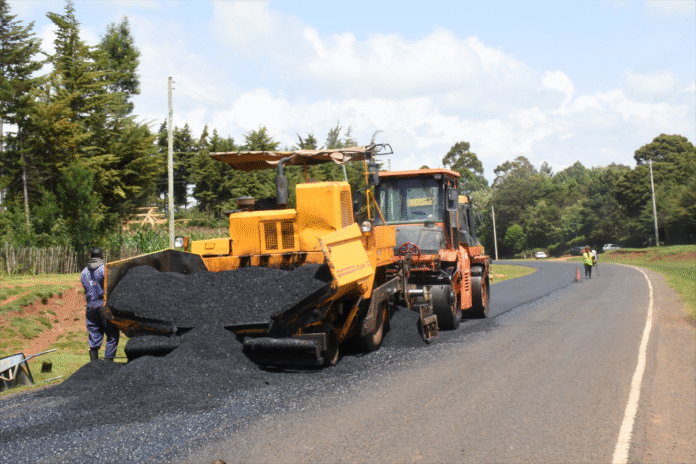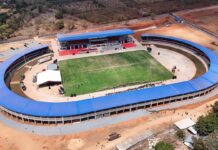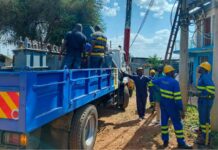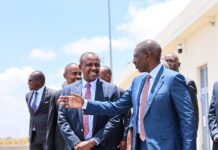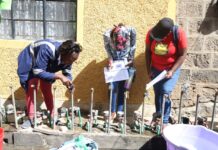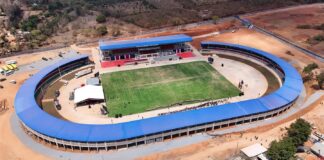After years of stalled roadworks and growing public frustration, road construction has resumed across Nairobi and other parts of the country, thanks to a Ksh.175 billion injection into the sector by the government through fuel levy securitisation.
The initiative, which marks a significant shift in infrastructure financing, has seen contractors return to major roads such as Kenyatta Avenue, Waiyaki Way, and Ngong Road, where previously work had ground to a halt due to unpaid government bills.
The funds were raised by securitising Ksh.7 from the Ksh.25 Road Maintenance Levy charged per litre of fuel. Through this financial mechanism, the government sold future levy revenues to investors, raising immediate cash without borrowing or increasing taxes.
“It’s an idea we really toyed with for some time until we got support from the highest office in this country,” said Eng. Silas Kinoti, Director General of the Kenya Urban Roads Authority (KURA).
The Ksh.175 billion is being used to settle contractor arrears, pay interest on delayed payments, and compensate for land acquisitions, restarting over 580 previously stalled road projects, many within Nairobi.
Pending bills in the road sector began accumulating in 2016, worsening during the COVID-19 pandemic when government funding prioritized health services. According to Acting KeNHA Director General Eng. Luka Kimeli, contractors have now received 40% of their dues, with another 40% expected in the coming weeks.
However, controversy has arisen after contractors were reportedly asked to forfeit 35% of accrued interest. Kinoti clarified it was part of a negotiated settlement: “Initially we asked for a 50% waiver, and we settled at 35%. There was no coercion.”
Critics have raised concerns that diverting funds meant for road maintenance to settle old debts could lead to neglect of existing infrastructure. Nevertheless, government officials argue the trade-off was necessary.
“Yes, there will be a slight reduction in what can be done with the remaining money, but really, it was worth doing,” said Kimeli.
According to tax experts, securitisation of public revenue is not a new concept globally but is a first for Kenya. “We are likely to see more of this approach, especially as the government struggles to raise revenue through traditional taxation,” said James Kimani, Associate Director at KPMG’s Tax & Regulatory Department.
Looking ahead, analysts predict other ring-fenced funds, such as the Social Health Insurance Fund and Affordable Housing Levy, could also be securitised as Kenya explores alternative financing to address its infrastructure backlog.
Written By Rodney Mbua









